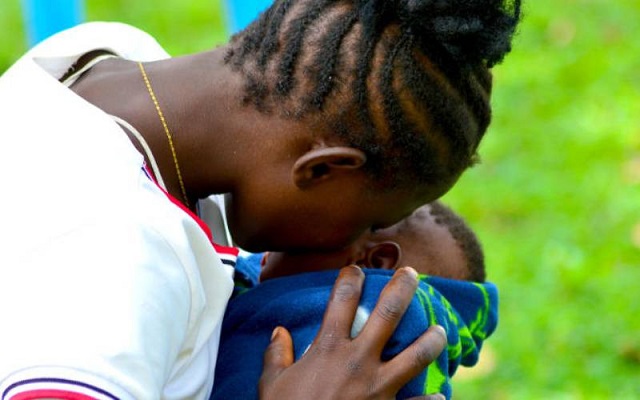
Kabale, Uganda | THE INDEPENDENT | Close to one thousand four hundred (1396) girls aged between 15-19 years in Kabale district were impregnated between July 2023-June 2024.
According to Monica Muhumuza Nzeirwe, Kabale District Senior Probation officer, among the impregnated include four girls who are aged below the age of 15.
Muhumuza revealed the data as the district on Tuesday commemorate a belated Day of African Child under the theme “Education for all children in Africa. Time is now”.
Muhumuza says that the data was collected from those who turned up for antenatal services at health facilities in the district and cases reported at police.
Muhumuza attributes the causes to lack of parental care, domestic violence, poverty and alcoholism among others. She says that as a result, that has led many of the victims dropping out of school and opting for marriage. Muhumuza calls for stronger measures to reduce on the cases.
Muhumuza adds that out of 63,525 pupils enrolled in 113 primary schools in the district 25 percent of the girls drop out before completing primary seven.
Balam Barugahara Ateenyi, state minister for gender, labour, and social development in charge of children and youth affairs asked minors to avoid being tempted by small gifts and lifts from sugar daddies and mummies.
Barugahara says that sugar daddies and mummies use such cheap tricks to lure young ones into sexual acts. He also asked them to report such cases to their parents and local leaders for easy arrest of perpetrators.
According to Uganda Bureau of Statistics UBOS (2018), almost a quarter (one in four or 25%) of Ugandan women has given birth by the age of 18.
In 2020, UNFPA country office in Uganda said about 2 in 10 (18.9%) pregnancies in all women attending first antenatal care were among teenagers in 2020.
Globally in 2022, UNICEF an estimated 13 per cent of adolescent girls and young women give birth before age 18. Early childbearing, or pregnancy and delivery during adolescence, can derail girls’ otherwise healthy development into adulthood and have negative impacts on their education, livelihoods and health.
Many girls who are pregnant are pressured or forced to drop out of school, which can impact their educational and employment prospects and opportunities.
Early pregnancy and childbearing can also have social consequences for girls, including reduced status in the home and community, stigmatization, rejection and violence by family members, peers and partners, and early and forced marriage.
*****
URN
 The Independent Uganda: You get the Truth we Pay the Price
The Independent Uganda: You get the Truth we Pay the Price





